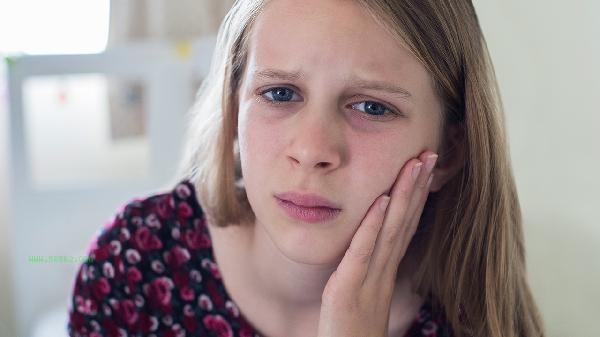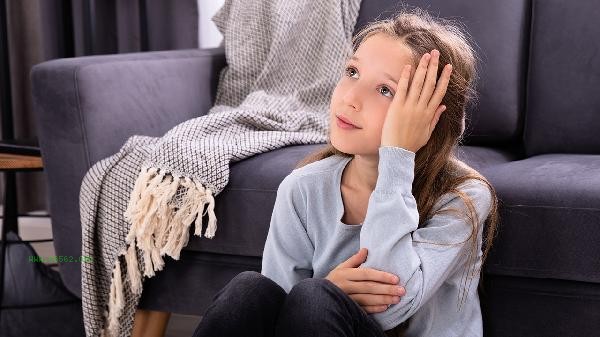Moderate consumption of honey by children can help replenish energy, moisturize the intestines, relieve coughing, promote wound healing, and provide micronutrients. Honey contains glucose, fructose, various vitamins, and minerals, but it is prohibited for infants under 1 year old to consume.

1. Supplement Energy
Honey has a high content of glucose and fructose, which can be quickly absorbed and utilized by the human body. A small amount of honey water can help relieve fatigue when children engage in vigorous exercise or consume a lot of energy during learning. It is recommended to choose pure natural honey and avoid processed products with excessive added sugar.
2. Moisturizing the intestines and promoting bowel movements
The organic acids and enzymes in honey can stimulate gastrointestinal peristalsis and improve functional constipation in children. For young children with insufficient dietary fiber intake, drinking honey brewed with warm water on an empty stomach in the morning can have a certain relieving effect, but it is necessary to increase the intake of vegetables and fruits.
3. Relieve Cough
Honey's viscous texture can cover the throat mucosa and alleviate dry cough caused by respiratory irritation. For nighttime cough caused by the common cold, taking a small amount of honey before bedtime is safer and more effective than some cough syrup. But bacterial respiratory infections require timely medical attention.

4. Promote wound healing
The hydrogen peroxide and acidic environment in honey have antibacterial effects, and medical grade honey can be used topically to assist in repairing minor skin abrasions in children. Its high osmotic characteristics can also reduce wound exudate, but deep wounds or large-scale injuries must be professionally treated.
5. Providing Trace Nutrients
Honey contains small amounts of B vitamins, calcium, iron and other nutrients. Although the content is not as high as professional supplements, it can increase the intake of trace elements in children's diet when used as a natural sweetener to replace white sugar. Dark honey usually has a higher mineral content.

Children should not consume more than 20 grams of honey per day, and the best time to consume it is between two meals or 1 hour before bedtime. Pay attention to observe whether there are allergic reactions, such as rash, vomiting, etc. Children over 1 year old should start their first attempt with a small dose and avoid consuming hot foods that can damage the active ingredients. Honey cannot replace medication for treating diseases. If there is persistent coughing, constipation, or malnutrition, timely medical evaluation should be sought. In daily diet, a balanced diet should still be the main focus, and honey should only be supplemented in moderation as an auxiliary food.








Comments (0)
Leave a Comment
No comments yet
Be the first to share your thoughts!